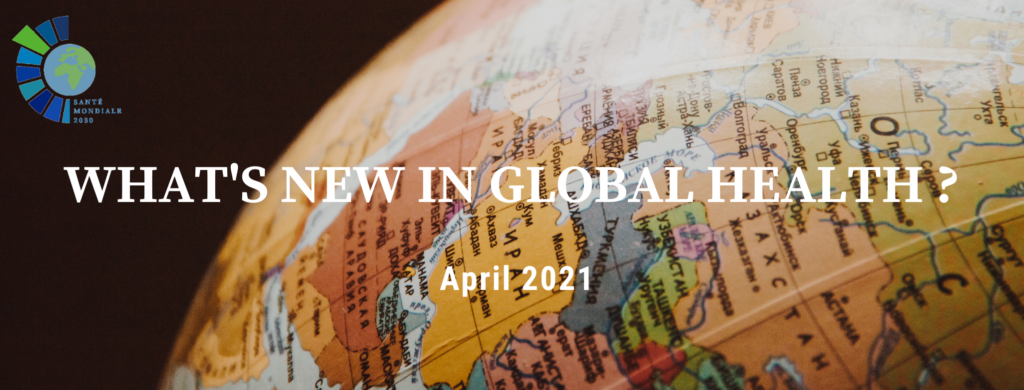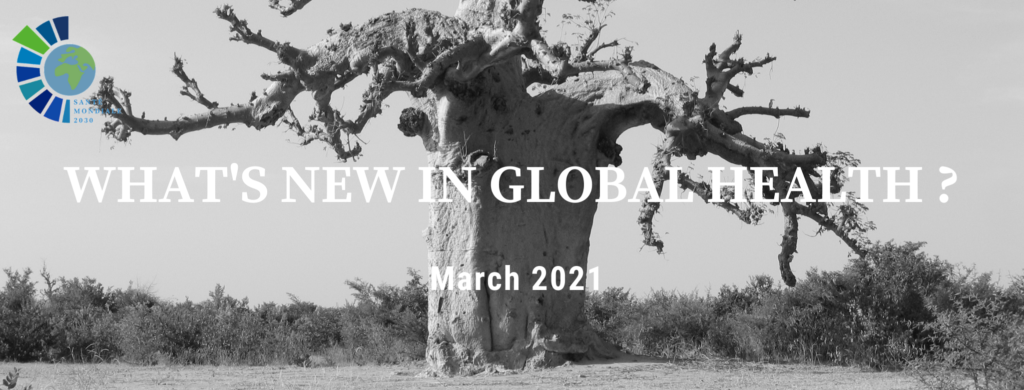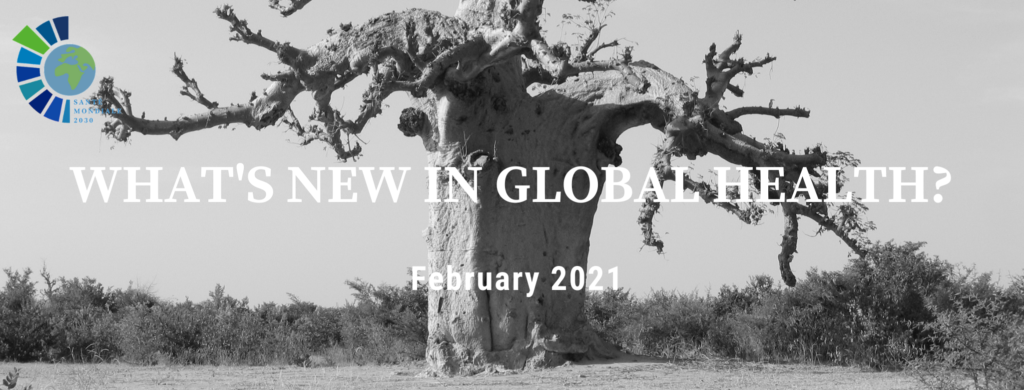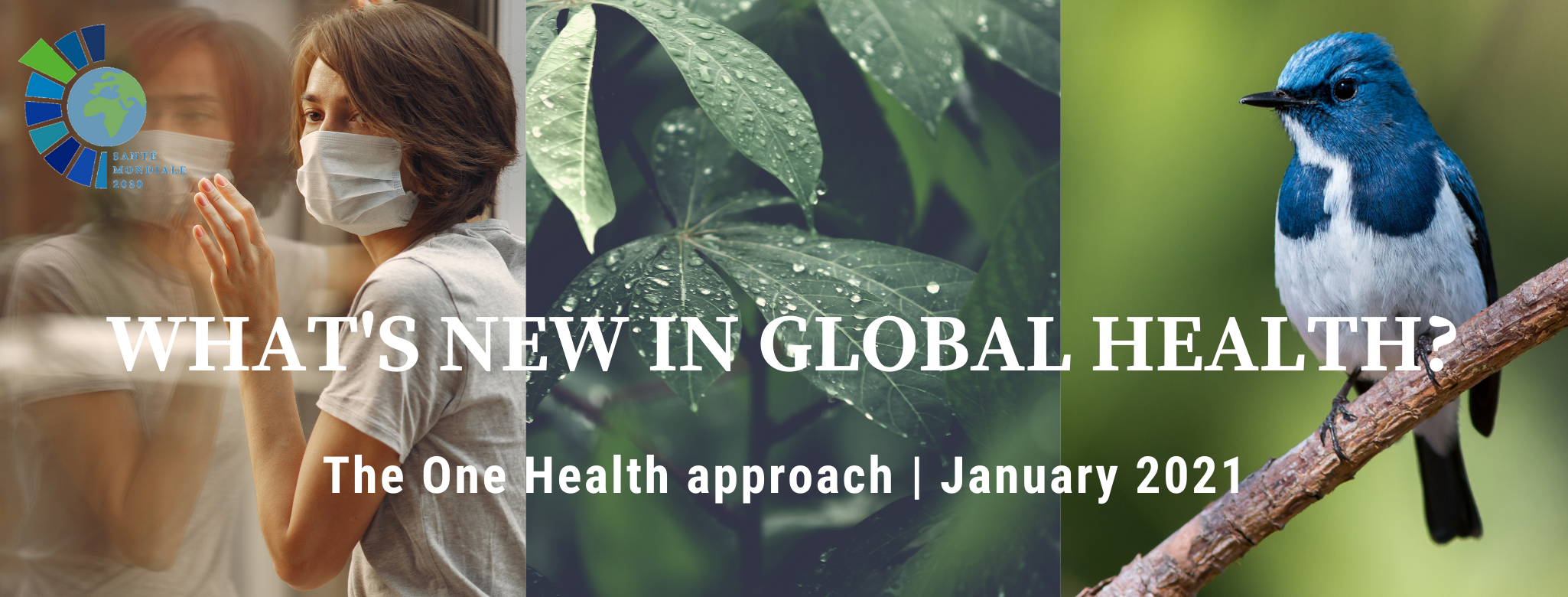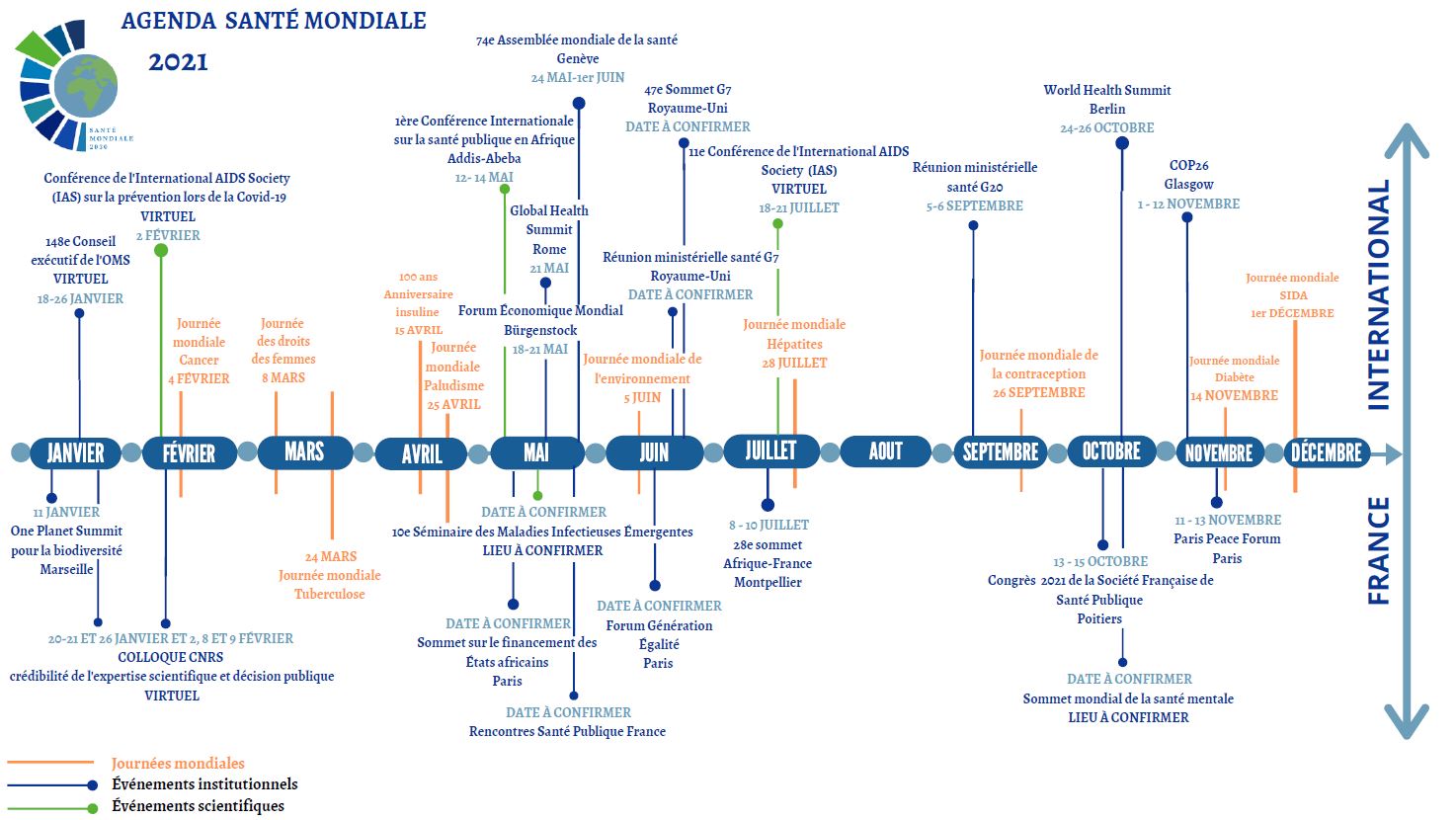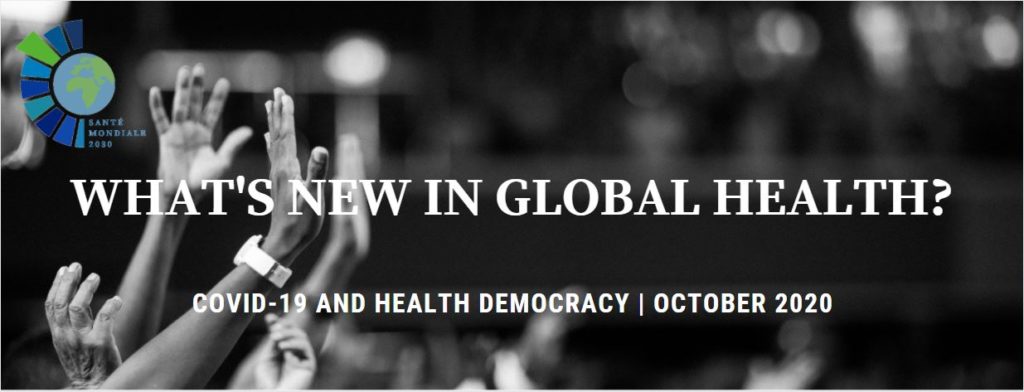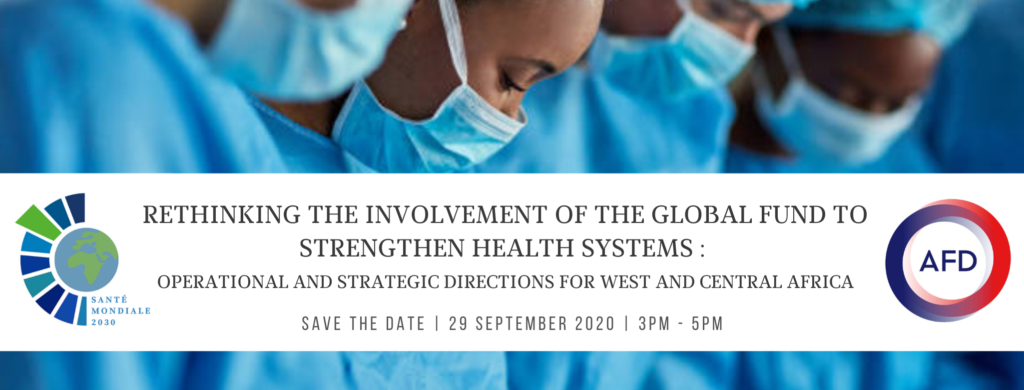Dear all,
Please discover our monthly press review on global health here : https://www.scoop.it/topic/sante-mondiale.
While the covid-19 pandemic continues to occupy the days and minds of global health actors, we focus this month on pandemic preparedness and its global governance. We evoke the major historical stages in the structuring of preparedness policies, before turning the gaze to the main issues currently discussed.
Health risk preparedness has been the subject of growing interest since the early 2000s. In Foreign Policy, analyst Mark Perry recalls the various concerns from which it stems. First, it is framed in the context of the “war on terror” declared by the Bush administration in the wake of the 2001 World Trade Center attacks. The fear was that large-scale attacks would be carried out using a pathogen. But the concern for spontaneous outbreaks was also growing. More and more scientists warned then of the inevitable occurrence of pandemics similar to the one we are experiencing today: of animal origin, caused by a respiratory pathogen, and which would spread to the four corners of the planet through human circulation. In the United States, preparedness policies were particularly influenced by simulation exercises conducted between 2001 and 2019 to prepare US policy makers for such critical events. The first of these, called Dark Winter, had a profound effect on policymakers and shaped preparedness policies of the following decade.
The desire to respond to health risks on a global scale can be seen as early as 1851. Hélène De Potter, lecturer in public law, evokes the founding moment of this history: the international sanitary conference held in Paris at the initiative of Louis-Napoléon Bonaparte. She shows that the transition to a global scale raised issues that are still very relevant today: scientific uncertainties, the question of national sovereignty, the weight of economic and political issues in decision-making. In 2005, the global governance of health security took an important step forward with the adoption of a treaty called International Health Regulations. Its main tool is the declaration of a public health emergency of international concern (PHEIC), defined as “an extraordinary event that is determined to constitute a risk to public health in other States due to the risk of international spread of disease and that may require coordinated international action. Prior to Covid-19, five such extraordinary events have been reported: in 2009 (H1N1 virus), 2014 (polio and Ebola), 2016 (Zika), 2019 (Ebola).
As journalist Marc Allgöwer points out in an article in Le Temps, policies and preparedness plans oscillate according to the imperatives of the moment. In the wake of the 2008 financial crisis, the Obama administration dismantled some of the preparedness measures put in place by George Bush in 2005, before putting them back in place following the H1N1 epidemic in 2009. More recently, Ebola outbreaks of the mid-2010s have sparked renewed interest. The ability to maintain preparedness over the long term is thus a major issue. This is shown by Andrew Lakoff, a sociologist, in a reference book on the subject, published in 2017 and entitled Unprepared, Global Health in a Time of Emergency. In the French context, the non-renewal of mask stocks illustrates this point. Arnaud Mercier, professor of information-communication, offers a genealogy of the mask shortage, dating back to 2005 and shedding light on the situation observed in spring 2020.
Recent conversations point to the need for significantly increased funding for preparedness policies on a global scale. In her recent address to the United Nations, Kamala Harris calls for the creation of a global funding mechanism for pandemic response. There is indeed much to be done. A recent study by the Institute for Health Metrics and Evaluation points out that of the $41 billion (dollars) spent on global health in 2019, only $374 million were spent on pandemic preparedness. Far too little according to the International Working Group on Financing Preparedness, which estimates that in low- and middle-income countries, the need is $5 billion to $10 billion per year for the next two to three years, and that this level should be maintained for at least ten years.
The existing framework is also questioned. Many call for WHO’s role to be consolidated and strengthened. This is one of the main recommendations issued in one of the latest report of the Independent Panel on Pandemic Preparedness & Response. But many believe that the instruments also must evolve. On March 30, 2021, twenty-five Heads of State, the President of the European Council and the Director of the World Health Organization called, in an article published in Le Monde, for a new international treaty on pandemic preparedness and response. Backed by the International Health Regulations, it would allow “the consolidation of pandemic preparedness at the highest political level”. Another option, which emerged during Ebola and was reiterated in the context of Covid-19, would be to replace the binary system for declaring a public health emergency of international concern with a tiered declaration that would include several levels of alert. However, this is considered inadequate by many experts, who point out that the difficulties lie primarily in the reluctance of states to implement measures recommended by experts from international organizations. For Clare Wenham, professor of global health policy at the London School of Economics, one of the main limitations of the existing system is that it is too focused on the detection and prevention of pandemics, and not enough on the response as such. Detection is certainly essential to guide the response, as two bioengineers, Tim R. Mercer and Marc Salit, remind us in an article on the scaling up of tests during the current pandemic.
Finally, many call for a broadening of the framework to include environmental issues. Henrique Lopes, professor and expert in public health at the Catholic University of Lisbon, and John Middleton, president of the Association of Schools of Public Health in the European Region (ASPHER), remind us that it would be futile not to put in place measures to prevent the occurrence of new pandemics by acting on the destruction of ecosystems. In the same line, a group of academics invites to make deep prevention, i.e. the prevention of the passage of pathogens from animals to humans, a major axis of the possible future treaty. These conversations are fueled by the upcoming United Nations conference on biodiversity to be held in Kunming next October, during which civil society organizations would like to see clear objectives set.
All these topics will undoubtedly fuel the discussions at the WHO Global Hub for Pandemic and Epidemic Intelligence, whose creation has been announced these days…
We hope that this selection of press articles, scientific articles and reports will give you a clearer view of global health issues.
Enjoy your reading!
